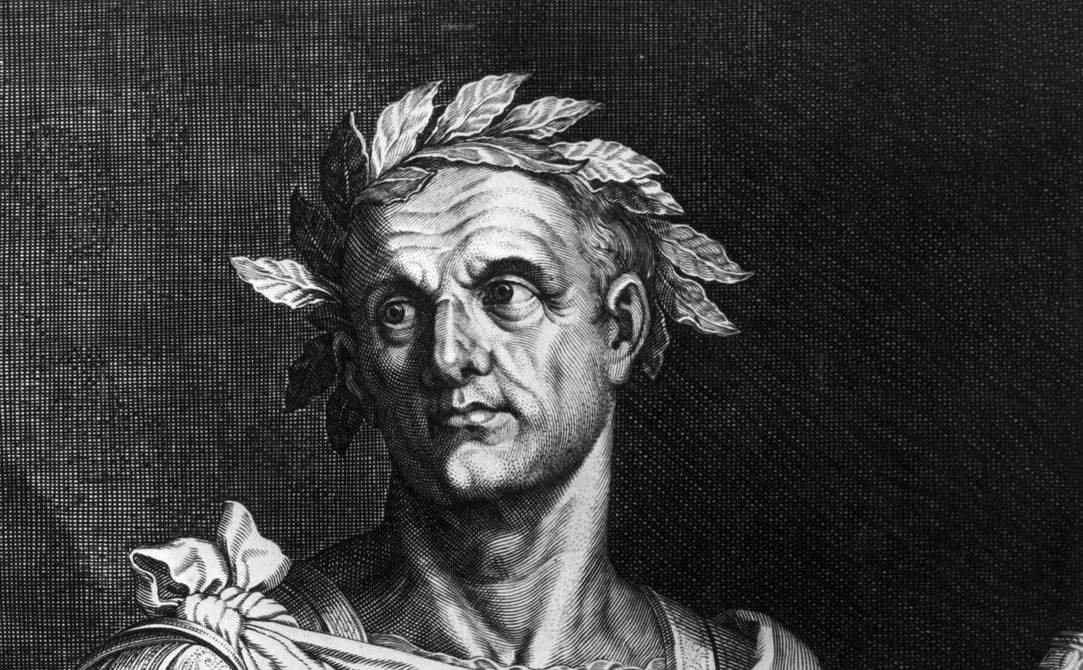Julius Caesar, one of history's most iconic figures, left an indelible mark on the ancient world through his military conquests, political reforms, and enduring legacy.
Here, we delve into some important facts about Julius Caesar that highlight his significance in Roman history.
Early Life and Rise to Power:
Julius Caesar was born on July 12 or 13, 100 BC, into a prestigious Roman family. Despite a relatively modest upbringing, Caesar demonstrated exceptional ambition and skill from a young age. He rose through the ranks of Roman politics, serving as a military commander, governor, and consul, before ultimately seizing control of the Roman Republic.
Military Campaigns:
Caesar's military prowess was legendary, and his conquests played a crucial role in expanding Rome's territories and solidifying its dominance in the Mediterranean. His campaigns in Gaul, from 58 to 50 BC, were particularly notable, as he conquered the region and brought it under Roman control.
Civil War and Dictatorship:
Caesar's increasing power and popularity aroused suspicion among his rivals in Rome, leading to a bitter power struggle that culminated in civil war. In 49 BC, Caesar crossed the Rubicon River with his army, igniting a conflict with his political opponents, including Pompey the Great. After a series of decisive victories, Caesar emerged victorious and was appointed dictator for life in 44 BC.
Political Reforms:
As dictator, Caesar implemented a series of reforms aimed at strengthening the Roman state and addressing social inequality. He enacted land reforms to benefit veterans, introduced measures to alleviate debt, and reformed the calendar, creating the Julian calendar that forms the basis of the modern Gregorian calendar.
Assassination:
Despite his achievements, Caesar's autocratic rule and aspirations for absolute power alienated many in the Roman Senate. On the Ides of March, March 15, 44 BC, a group of senators, including Caesar's close friend Brutus, assassinated him in the Senate chamber. Caesar's death plunged Rome into another period of political turmoil and set the stage for the eventual rise of the Roman Empire.
Legacy:
Julius Caesar's legacy is complex and multifaceted. He is remembered as a brilliant military strategist, a shrewd politician, and a visionary leader. His assassination marked the end of the Roman Republic and the beginning of the Roman Empire, as power shifted from the Senate to the emperors. Caesar's name became synonymous with absolute power and dictatorship, inspiring both admiration and criticism throughout history.
Cultural Influence:
Julius Caesar's life and exploits have inspired countless works of literature, art, and drama over the centuries. William Shakespeare's play "Julius Caesar" remains one of the most enduring and popular depictions of his life, exploring themes of power, ambition, and betrayal.
Julius Caesar's impact on Roman history and world civilization cannot be overstated. His military conquests, political reforms, and dramatic assassination continue to fascinate and intrigue scholars and enthusiasts alike, cementing his place as one of history's most influential and enigmatic figures.




